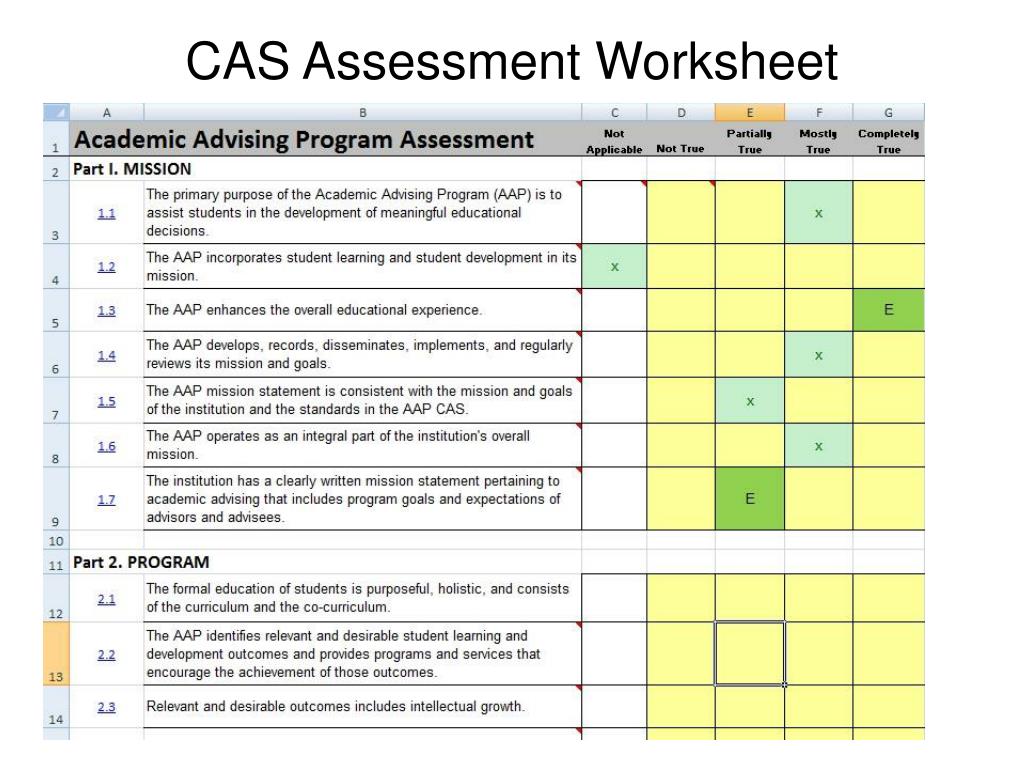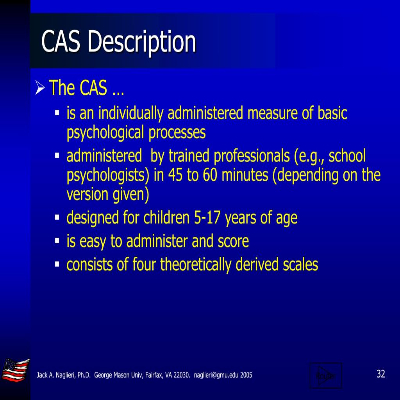In the field of education, Comprehensive Assessment System (CAS) frameworks play a pivotal role in evaluating student performance and measuring learning outcomes. CAS assessment encompasses a variety of methods and tools aimed at providing a comprehensive understanding of student progress and achievement. In this article, we will explore the significance of CAS assessment, its benefits for educators and students, and how it promotes continuous improvement in education.
Understanding CAS Assessment:
CAS assessment refers to the systematic process of collecting, analyzing, and interpreting data about student learning and performance. It involves a range of assessment tools, such as tests, exams, projects, portfolios, and rubrics, to measure student knowledge and skills across various subject areas. CAS assessment is designed to provide a comprehensive understanding of student progress and guide instructional decision-making.
The Benefits of CAS Assessment:
- Enhanced Learning Outcomes: CAS assessment provides educators with valuable insights into student strengths and areas for improvement. This information enables educators to tailor their instruction and interventions to meet the diverse needs of students, leading to enhanced learning outcomes.
- Personalized Instruction: By collecting data through CAS assessment, educators can identify student-specific learning needs and develop personalized instructional strategies. This customized approach supports individual student growth, maximizing their academic potential.
- Data-Informed Decision Making: CAS assessment provides educators with quantitative and qualitative data that inform decision-making at the classroom, school, and district levels. This data-driven approach helps identify trends, allocate resources effectively, and improve overall educational practices.

Navigating CAS Assessment:
- Establish Clear Learning Goals: Define clear and measurable learning goals aligned with curriculum standards and desired outcomes. These goals will serve as a guide to design appropriate CAS assessment measures.
- Identify Assessment Tools: Select a range of assessment tools that align with the learning goals and instructional strategies. Consider formative and summative assessment methods to gather comprehensive data on student performance.
- Consistent Data Collection: Ensure consistent data collection practices to maintain the integrity and validity of the assessment results. Follow established protocols for administering assessments, scoring student work, and recording data.
- Data Analysis and Interpretation: Analyze and interpret assessment data to identify patterns, trends, and areas for improvement. Utilize the data to inform instructional decisions, adjust teaching strategies, and provide targeted interventions.
- Feedback and Communication: Provide timely and constructive feedback to students based on CAS assessment results. Foster open communication with students, parents, and colleagues by sharing assessment data and collaboratively developing strategies for improvement.
Conclusion:
CAS assessment is a powerful tool for evaluating student performance, measuring learning outcomes, and driving continuous improvement in education. By implementing CAS assessment frameworks, educators gain valuable insights into student progress, enabling them to personalize instruction, make data-informed decisions, and enhance learning outcomes. Ultimately, CAS assessment promotes a comprehensive and student-centered approach to education, fostering growth and success for all learners.











